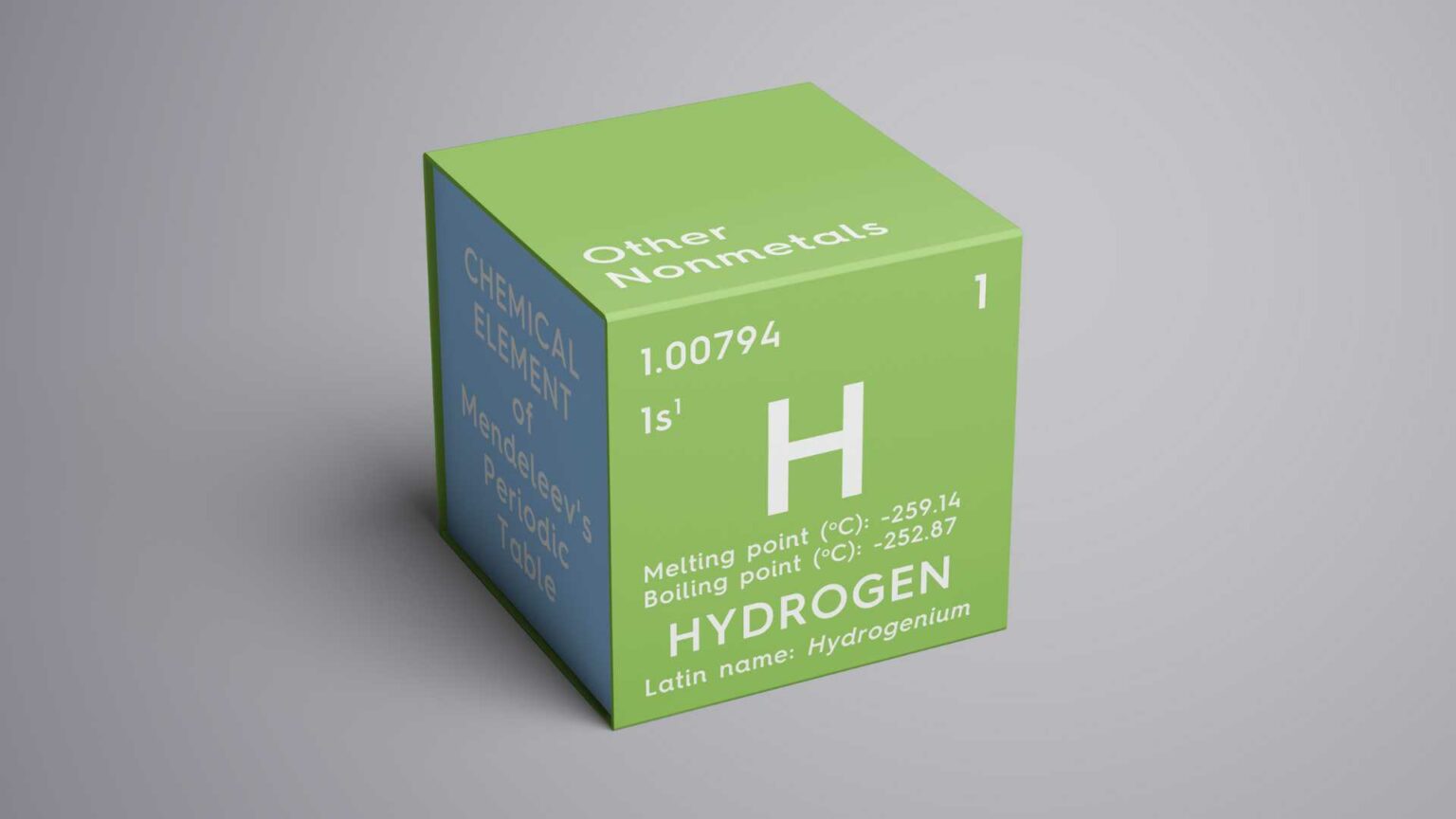Korea Institute of Science and Technology (KIST) has unveiled a cutting-edge non-contact terahertz light sensor, setting a new standard in hydrogen gas leak detection.
Dr. Minah Seo and Prof. Yong-Sang Ryu led the research team that achieved an unprecedented detection capability, reaching as low as 0.25% in real-world conditions.
As the world turns to hydrogen as a key player in the future energy landscape, ensuring safety across all stages of its utilization becomes paramount. Hydrogen’s unique properties, being the smallest and lightest molecule, present challenges, particularly in detecting leaks, which can lead to hazardous situations. Traditional electric signal-based sensors have inherent risks of electrical sparks, exacerbating the potential for explosions.
The KIST research team’s non-contact terahertz light sensor marks a significant leap in gas detection technology. Spectroscopy, a non-contact observation method, forms the core of this innovation. Terahertz electromagnetic waves, sensitive to natural vibrations of gas molecules, offer a unique avenue for detecting minute variations, including trace amounts of hydrogen gas.
Central to the breakthrough is the use of metamaterials, offering the ability to amplify signals in specific bands of electromagnetic waves. By developing a terahertz metamaterial that amplifies signals in the gas-sensitive terahertz band, and employing ultra-thin palladium, the team maximized sensitivity to terahertz signals. Palladium, known for its hydrogen permeability, played a dual role in catalytic reactions and hydrogen storage.
To mimic real-world conditions, the team injected hydrogen and oxygen gases into the sensing chamber, achieving exceptional sensitivity and optical signal variation. The technology exhibited remarkable performance, detecting hydrogen gas leakage below 1%, setting a new benchmark for real-time detection capabilities.
Addressing a common challenge with metal hydrides, which are typically irreversible and challenging to reuse, the research team implemented special processing technology to ensure the reusability of the detection platform. Moreover, they achieved the contactless tracking of hydrogen desorption mechanisms at the nanometer scale in real time through optical signals.
Dr. Minah Seo envisions broader applications beyond hydrogen detection, stating, “It is expected to be used to develop a system that can immediately respond to various harmful factors, gases, and diseases through mobile, on-site, and real-time inspections.” The breakthrough technology not only enhances safety in hydrogen applications but also opens avenues for visualizing various gas processes and molecular-level chemical reactions on metal surfaces.





